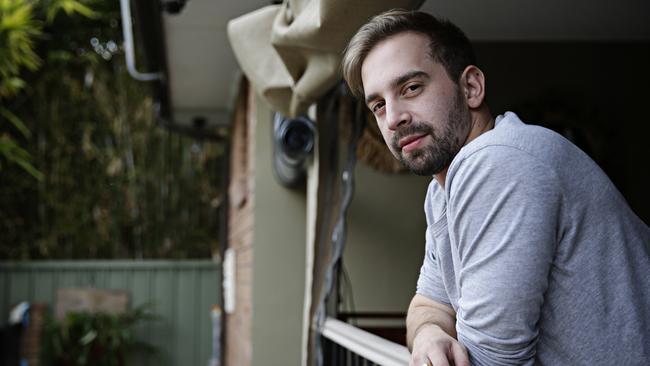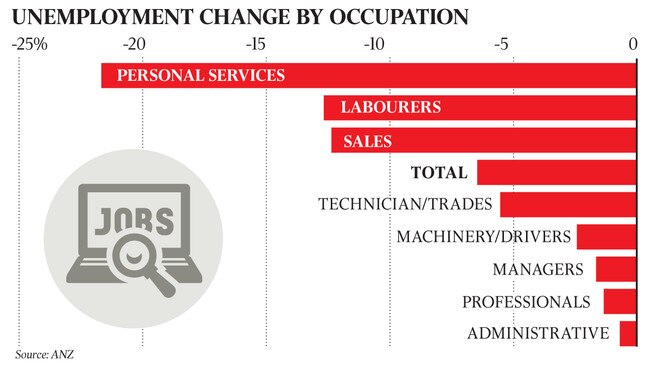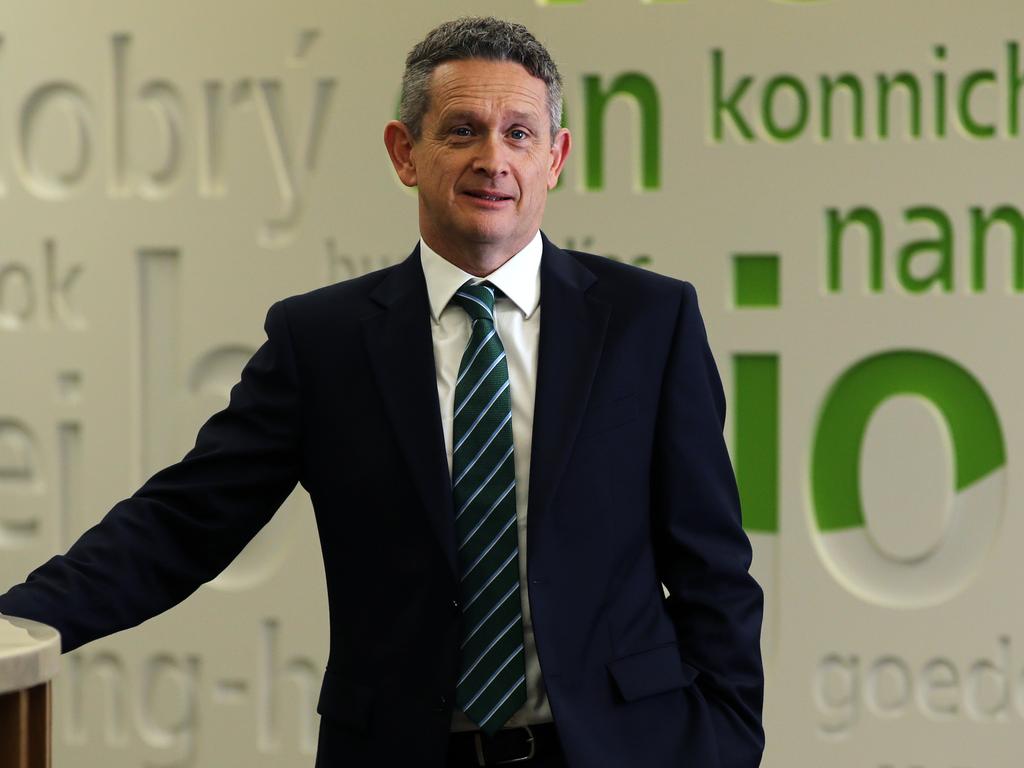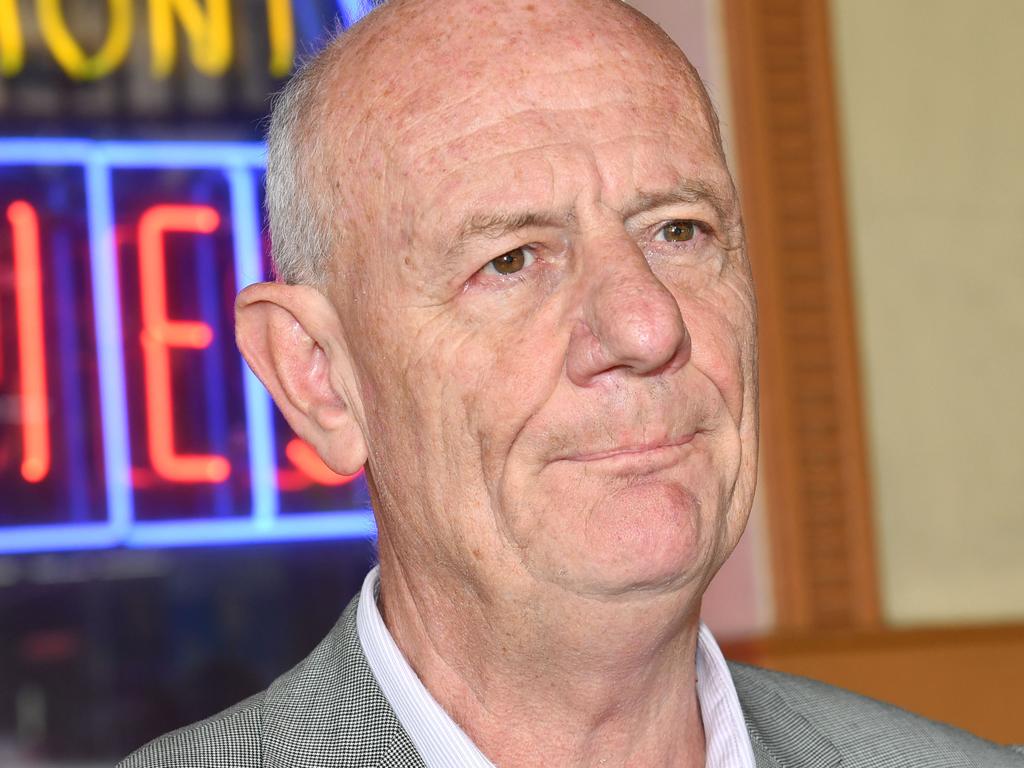Almost 70,000 managers and professionals have lost their jobs since February
Almost 70,000 managers and professionals have lost their jobs over three months, according to new analysis.

Almost 70,000 managers and professionals have lost their jobs over three months, according to new analysis, in a sign the recession is spreading to white-collar industries that weren’t directly affected by lockdowns.
The number of managers shrank by almost 2 per cent or 27,000 over the three months to May, according to ANZ analysis of Australian Bureau of Statistics figures released on Thursday, while the ranks of professional services dwindled by 42,000 to 3.17 million.
The analysis, which follows mass layoffs of 6000 staff at Qantas this week, which included “at least 1450” in corporate roles, also found sectors with high proportions of skilled workers, such as professional services and healthcare, had lost more than 50,000 workers each.
“Underemployment in white-collar sectors is also worrying; the data shows a slight increase in total part-time management roles,” said Ross Lambie, chief economist at the Australian Chamber of Commerce and Industry.
“While there has been a focus on sectors that have been hit by the supply-side shock from COVID-19, we need to remind ourselves that there is also a demand-side shock from reduced demand for goods and services.”

Analysis by demographer Bernard Salt for The Weekend Australian shows the impact of the COVID-19 job losses have been felt in wealthy areas as well as blue-collar areas.
“Prior to the shutdowns, unemployment peaked in far-flung, disadvantaged suburbs. But it is now evident that the sons and daughters of Toorak, Palm Beach and Cottesloe are just as likely to be claiming JobSeeker benefits as are those of traditional battler communities,’’ Salt writes in Inquirer.
“Perhaps this is because the businesses most affected, our nation’s shops and cafes, are ubiquitous; layoffs have applied everywhere affecting all Australians. There are no safe havens. Every Australian household has seen and/or has experienced the pain of the shutdowns,’’ Salt writes.
Department of Social Services data shows that between March 20 and May 20 the number of Australians receiving JobSeeker (unemployment) benefits increased by 671,000 or 85 per cent to 1.5 million.
Growth in JobSeeker numbers was 54 per cent over the following two months in Broadmeadows compared with 299 per cent in Toorak. JobSeeker growth in battler Fairfield over the two months to May was 29 per cent, but in Avalon-Palm Beach it was 496 per cent.
Like millions of other Australians of his generation, 26-year-old Sydney dancer Joshua O’Grady has bunkered down in his parents Sydney home surviving on the JobKeeper allowance, and confronting the first economic recession of his lifetime.
Mr O’Grady is part of the trend of young people who have delayed their moves from their parents home, and making his situation even more acute, both his working mum and stepdad also lost their jobs as a result of the COVID-19 crisis. “My whole life came to a complete stop in May,” said Mr O’Grady, of Kings Langley in northwest Sydney. “At one point, I was the only one in my family who was earning and that was from the JobKeeper payment.”
Mr O’Grady’s stepfather has since started working at Bunnings, which has been a welcome relief for his family.
Earlier in the year, Mr O’Grady began picking up extra shifts as a dance teacher to sustain his move out of home come May. However, he was forced to put that on hold and put his paycheques towards his family’s bills and mortgage.
The number of job advertisements as a share of pre-COVID levels had plummeted for accounting, engineering, human resources and consulting to below 50 per cent, according to National Australia Bank analysis of Seek’s catalogue. The average for all sectors was just below 70 per cent.
One leading Sydney-based executive recruiter, who preferred not to be named, said recruiters themselves were suffering. “The Korn Ferrys and Michael Pages of the world, the big generic recruiters, are doing it tough,” she said. Deloitte earlier this week shed 700 staff, or around 7 per cent of its Australian workforce, following an earlier move by PwC to axe 400.
Q&A: Rebuilding Australia’s Economy
Adam Creighton in conversation with Treasurer Josh Frydenberg
Exclusive subscriber-only online event. Tuesday July 7, 7.30pm
Register now at theaustralianplus.com.au







To join the conversation, please log in. Don't have an account? Register
Join the conversation, you are commenting as Logout